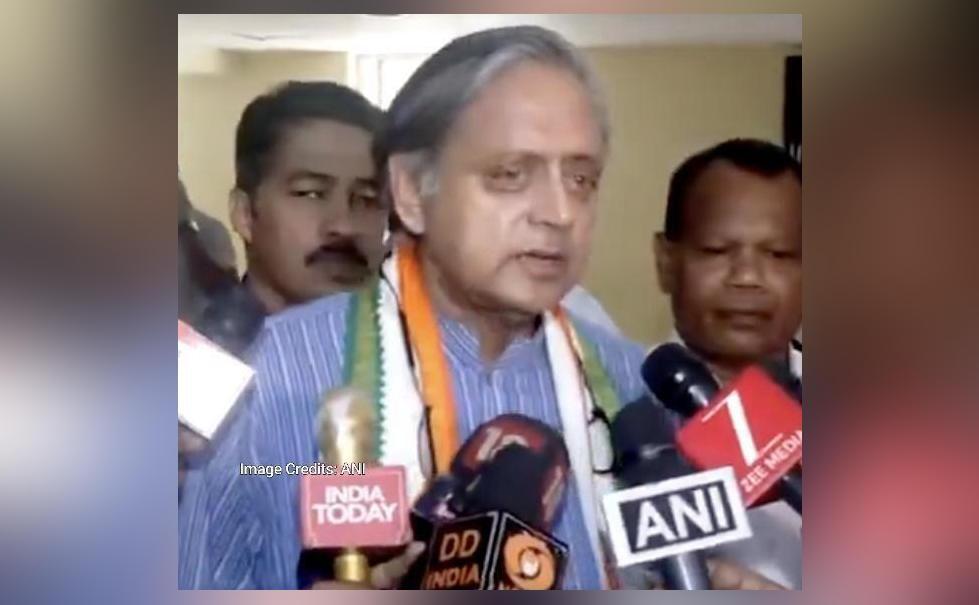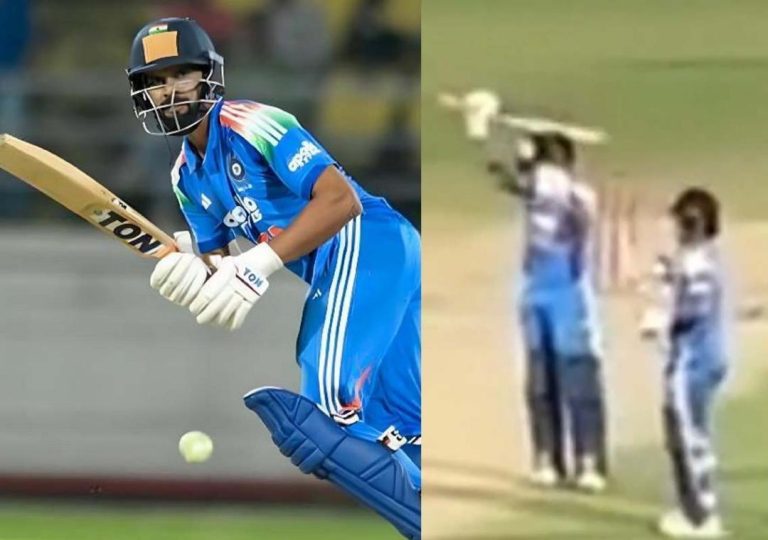
Title: Iran & Israel have been our friends, all we can do is observe: Tharoor
The ongoing conflict between Iran and Israel has left the world in a state of turmoil. The recent escalation in violence has resulted in the loss of innocent lives, with over 650 people killed to date. Amidst this chaos, Indian politician and Congress leader Shashi Tharoor has made a poignant remark, highlighting the complex relationships between nations. In a statement, Tharoor acknowledged that both Iran and Israel have been India’s friends, and as such, it is essential for India to maintain a neutral stance in the conflict.
Tharoor’s statement is a reflection of India’s long-standing diplomatic ties with both Iran and Israel. India has historically maintained cordial relations with Iran, with the two countries cooperating on various trade and energy-related issues. India is also a major buyer of Iranian oil, and the two nations have a significant trade relationship. At the same time, India has also maintained strong ties with Israel, with both countries cooperating on defense and security issues. India and Israel have a robust bilateral relationship, with the two countries engaging in regular diplomatic exchanges and cooperating on issues such as counter-terrorism and cybersecurity.
Tharoor’s statement also highlights the delicate balancing act that India must maintain in its relationships with both Iran and Israel. As a country, India must navigate the complex web of international relations, carefully balancing its interests and allegiances to avoid taking sides in a conflict. This is particularly challenging in the case of the Iran-Israel conflict, where both countries have legitimate security concerns and are engaged in a bitter struggle for regional dominance.
Tharoor’s statement is also a reflection of the Indian government’s policy of non-alignment and neutrality in international conflicts. India has historically maintained a policy of non-alignment, avoiding taking sides in international conflicts and instead focusing on promoting peace and stability through diplomatic means. This policy has served India well, allowing the country to maintain good relations with all major powers and to play a constructive role in international affairs.
In the context of the Iran-Israel conflict, Tharoor’s statement is a reminder of the importance of maintaining a neutral stance. While India has condemned the violence and loss of life in the conflict, it has avoided taking sides or supporting one country over the other. This approach is in line with India’s long-standing policy of non-alignment and neutrality in international conflicts.
Tharoor’s statement has also sparked debate and discussion among analysts and experts. Some have argued that India’s policy of neutrality is too passive, and that the country should be more proactive in promoting a peaceful resolution to the conflict. Others have argued that India’s neutrality is essential, given the complex relationships between Iran, Israel, and other regional powers.
In conclusion, Tharoor’s statement is a reflection of India’s commitment to maintaining good relations with all nations, while also promoting peace and stability in the region. As the conflict between Iran and Israel continues to escalate, it is essential for India to maintain a neutral stance, promoting dialogue and diplomacy as the best way to resolve the conflict.
Sources:






